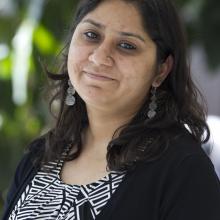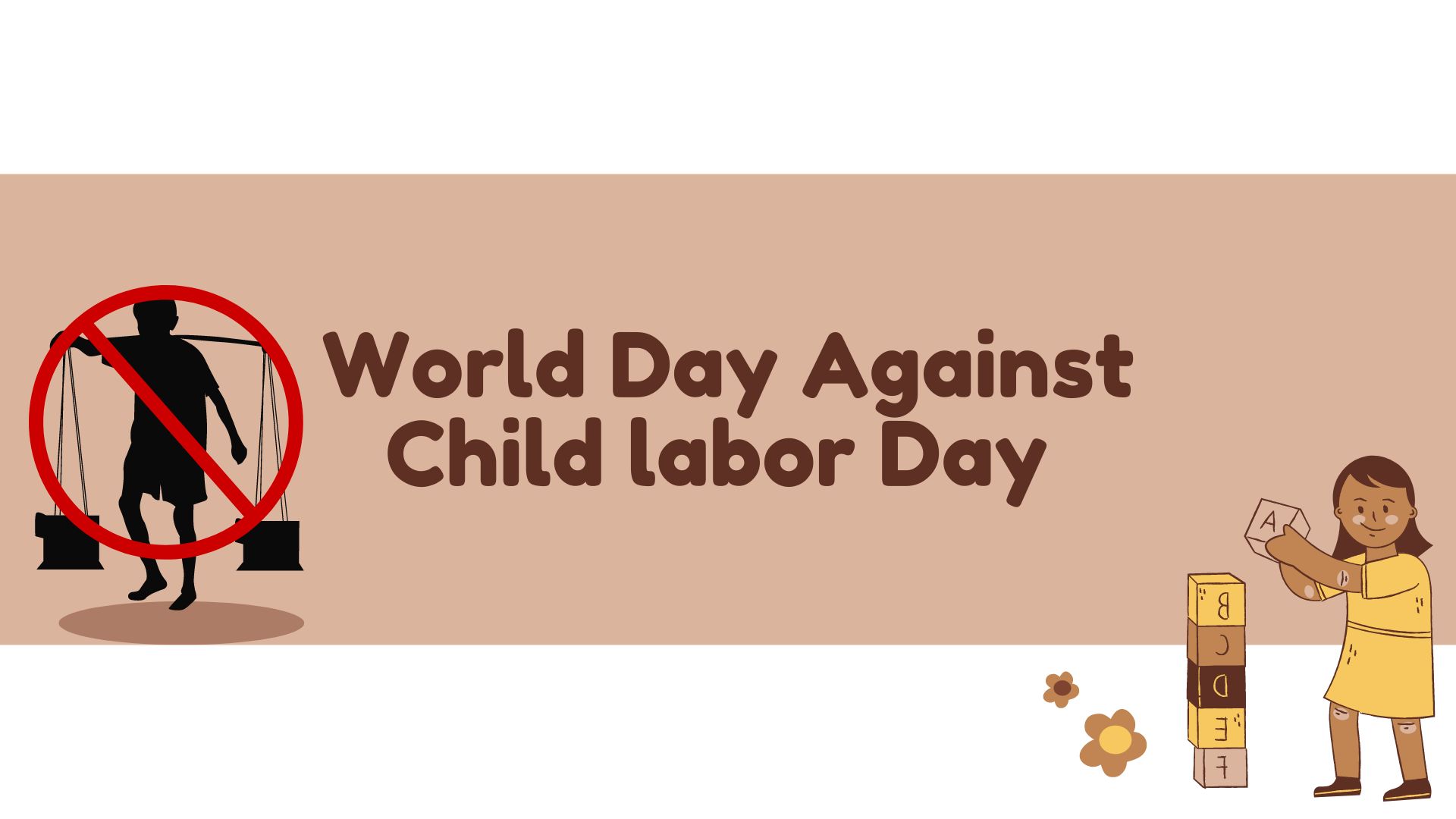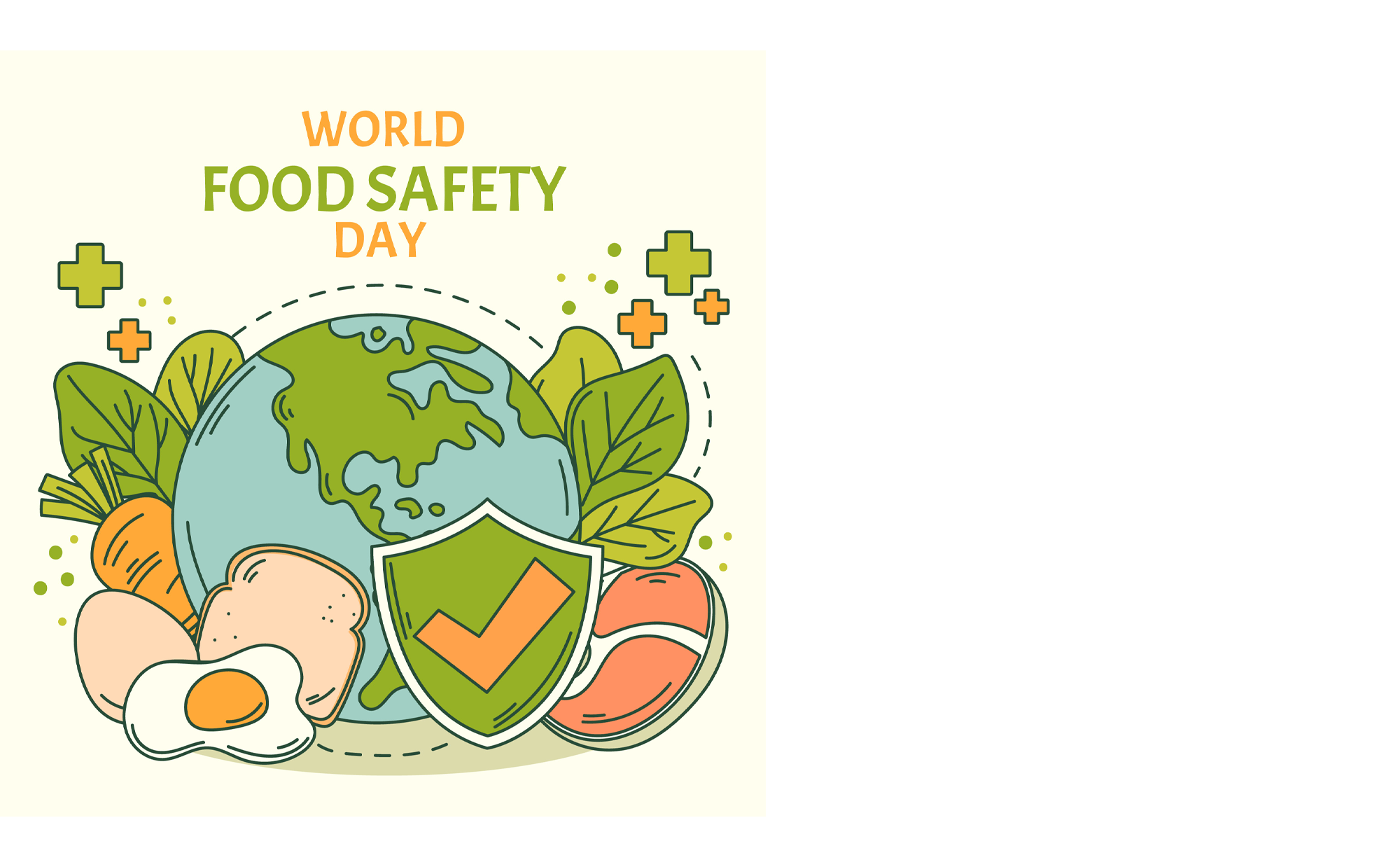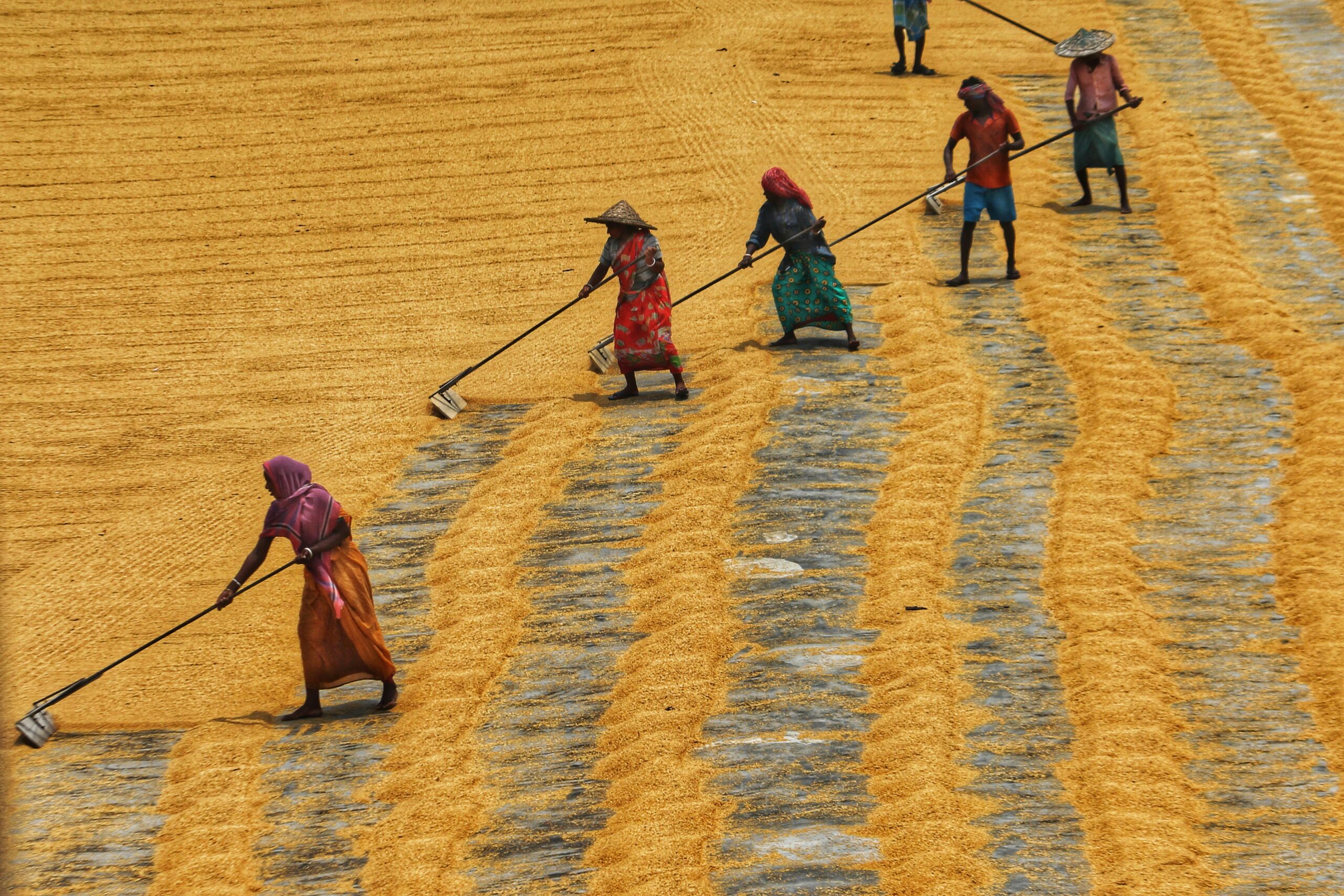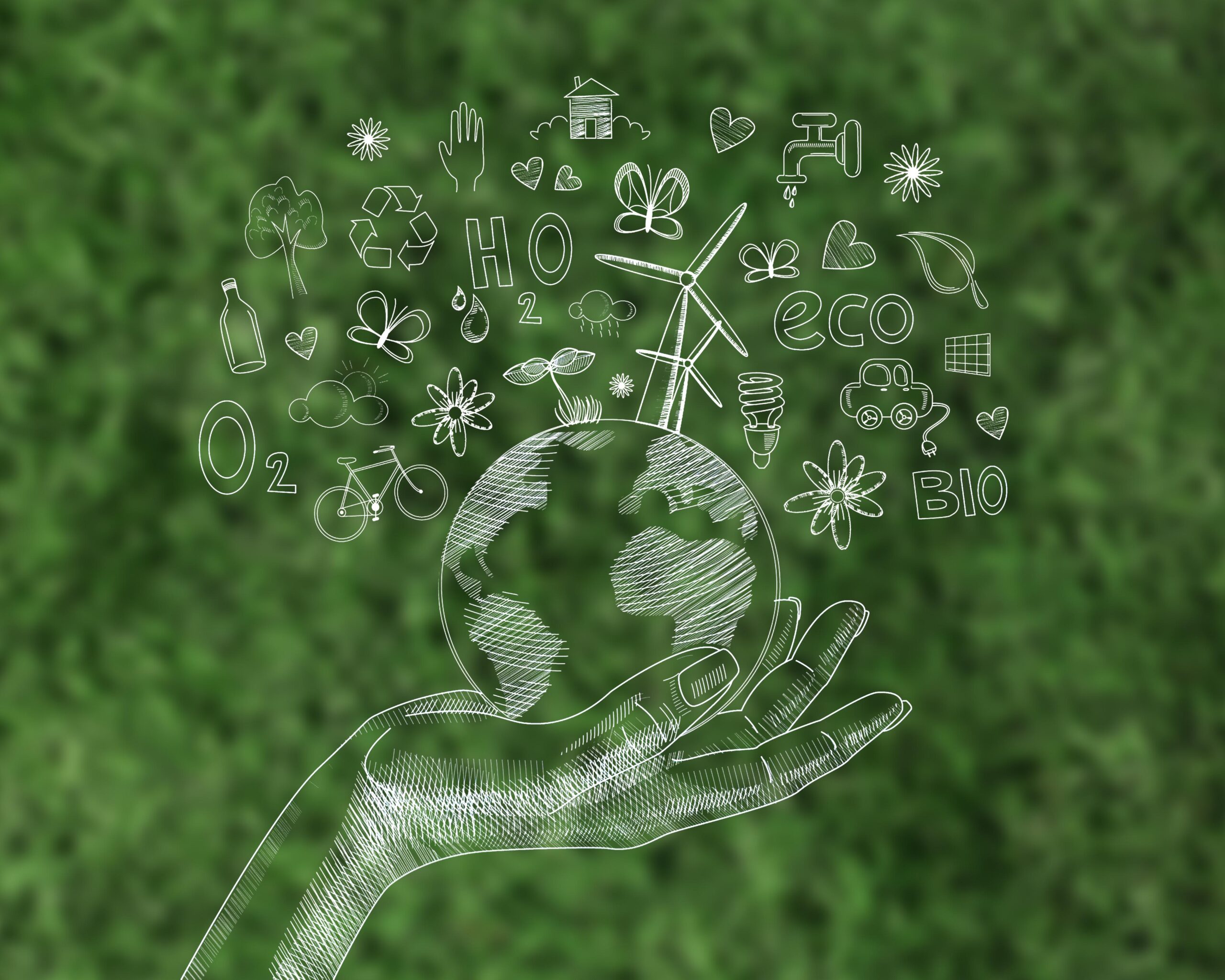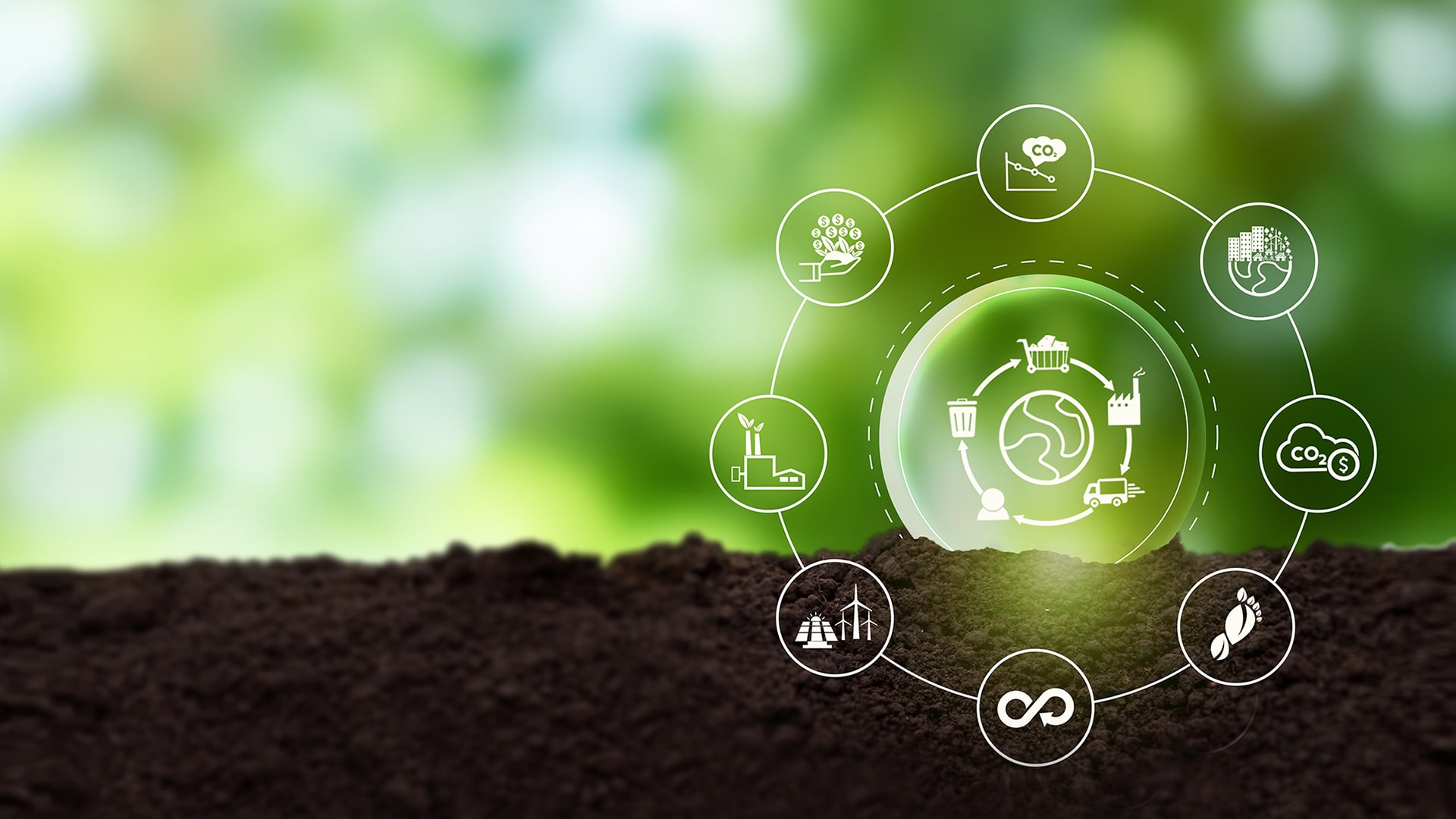Reducing food loss and waste is good for the planet
Food can be lost or wasted anywhere along the supply chain from farm to plate. Globally, one-third of all food is lost or wasted between production and our plates each year. Reducing this loss and wastage can close the food gap between 2010 and 2050 without expanding the cultivated area.i However, lack of coordinated action by stakeholders costs the global economy nearly USD 940 billion each year. Lost and wasted food also adds up to eight percent of global greenhouse gas (GHG) emissions.ii
These squandered resources and avoidable emissions are deeply problematic, especially now, when the writing on the wall is clear – it’s ‘code red for humanity’. As indicated by Working Group 1, the physical science basis report, part of the first instalment of the sixth assessment report (SAR6) of the Intergovernmental Panel on Climate Change. The report cautions significant increase in intensity, and frequency of extreme events – such as heat, rainfall, droughts resulting in compounded devastating effects for humanity. Thereby the report calls for an immediate large-scale reduction in GHG emissions.iii
Reducing food loss and waste is good for people and meeting India’s developmental priorities
Closer home in India, reducing food loss and waste is even more critical. The past year (2020) flashed this grim reality when COVID-19 pandemic necessitated nation-wide lockdowns resulting in disrupted (food) supply chains across the country. News of farmers, vendors dumping food trucks and carts, captured headlines – highlighting the need for planning circular food systems with interconnected localized and regional supply chains.
Transforming food systems in India is critical for us if we want to fulfil our developmental goal, improve nutritional security, enhance livelihoods, and spur rural economy. While Sustainable Development Goal (SDG) 12 on sustainable consumption and production patterns calls for halving per capita food waste at the retail and consumer level and reducing losses along the food production and supply chains by 2030 (Target 12.3). The action on managing food loss and waste issues remains sporadic and limited in India. This is currently not being tracked as one of the SDG targets to achieve by NITI Aayog.
Coordinated policy commitment, action and a roadmap to reduce food loss and waste is critical. This requires in-depth understanding the food systems landscape in India thereby identifying where loss or waste happens. While some estimates exist such as from food waste from restaurants in a few target geographies. The overall scale of food loss and waste is unclear for India. For instance, estimates of food loss for cereals, perishablesrange from less than 5 to 40%.iv These are further exacerbated by data gaps such ascritical hotspots, geographies, and sometimes by more fundamental questions on how to measure food loss – quantity and quality issues faced by key stakeholders across the food value chains.
Need for a coordinated partnership to reduce food loss and waste
The challenge is enormous. A gap in the Indian landscape is – coordinated action between key stakeholders to develop a joint research agenda, to mobilize action, and to identify policy levers and mechanisms crucial to inspire action and learning from innovation’s v on the ground. Given, policy action and actors are currently fragmented across different ministries in India and needs synergizing for efficient and impactful functioning.
Friends of Champions 12.3 network in India, is emerging as such a coordinated group which can mobilize the Champions 12.3 strategy of Target-Measure-Act for India including adoption of the SDG target 12.3. A synchronized effort by diverse actors in the entire food supply system will not only help adopting ecologically sustainable solutions that could help reduce the vulnerability of the local population who are investing in land and resources to grow food crops that are lost or wasted.
iSearchinger, Tim, Richard Waite, Craig Hanson, Janet Ranganathan, Patrice Dumas, and Emily Matthews. 2018. World Resources Report. Creating a Sustainable Food Future – A menu of solutions for feed nearly 10 billion people by 2050. Synthesis report. World Resources Institute: Washington DC.
iiFAO. 2011. Food losses and waste – extent, causes and prevention. Rome: UN FAO; FAO. 2015. Food wastage footprint and climate change. Rome: UN FAO.
iiiIPCC, 2021: Summary for Policymakers. In: Climate Change 2021: The Physical Science Basis.
Contribution of Working Group I to the Sixth Assessment Report of the Intergovernmental Panel on Climate Change [Masson-Delmotte, V., P. Zhai, A. Pirani, S. L. Connors, C. Péan, S. Berger, N. Caud, Y. Chen, L. Goldfarb, M. I. Gomis, M. Huang, K. Leitzell, E. Lonnoy, J.B.R. Matthews, T. K. Maycock, T. Waterfield, O. Yelekçi, R. Yu and B. Zhou (eds.)]. Cambridge University Press. In Press.
ivAgarwal, M., S. Agarwal, S. Ahmad, R. Singh, and K.M. Jayahari. 2021. “Food Loss and Waste in India: The Knowns and the Unknowns”. Working Paper. Mumbai: World Resources Institute India.
vLand Accelerator entrepreneurs are showing the way by innovative solutions to reduce food loss and waste. For instance, Gratitude Farms has developed an innovative food forest model and is also using cleantech solutions like solar dryers to remove the perishability of vegetables, food, and herbs while retaining the nutrition of the products.



